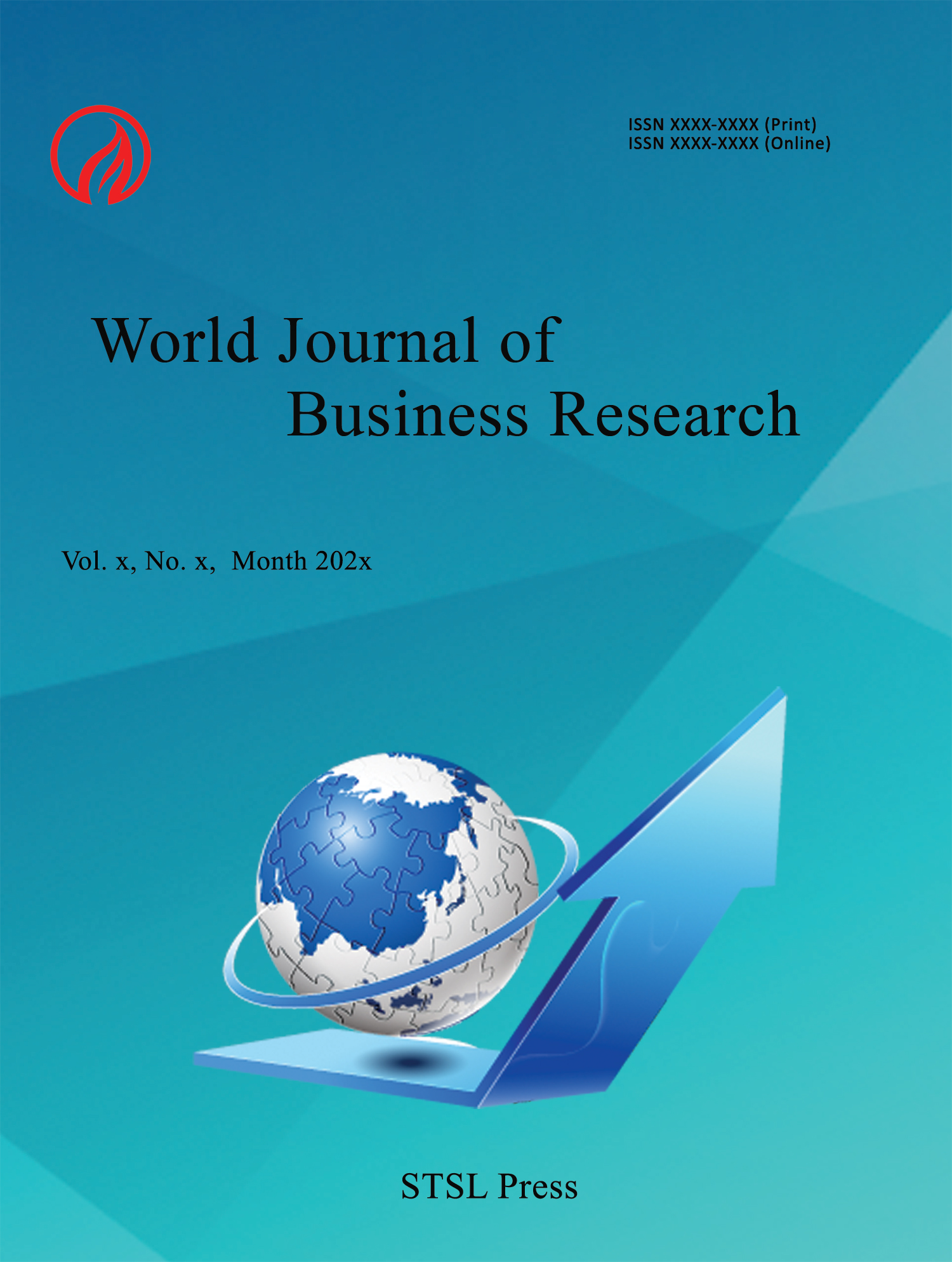Human Resource Management Strategies and Employee Turnover in Local NGOs in Kenya: A Survey of Water, Sanitation and Health Sector NGOs in Western Kenya
Mark Okinyi Oyoo
Abstract
This study used experimental study design and quantitative analysis to assess WASH sector NGOs in western Kenya to determine the impact of human resource management strategies on employee turnover. The survey targeted members of the Western WASH NGO's management positions, so the population covered by the survey was 102 management positions. A standardized questionnaire was used to collect the primary data. Both descriptive and inference statistics were used in the study. The paid salary did not correspond to the work and made the employee feel entirely grateful for his work and dedication. This work does not fully utilize the skills and abilities of employees and does not bring satisfaction or satisfaction to employees. Employees do not have all the resources and equipment they need to get the job done correctly. There was a lack of knowledge and information sharing throughout the organization. Seminars and workshops were not used regularly to improve the skills of employees within the organization. Job shadowing was never used to require skills to grow into a particular career path, nor was it used to help employees become accustomed to different career options. Contracts within the organization were inflexible to allow the organization to respond to fluctuations in demand. The study recommended paying employers an excellent salary to avoid exposing workers to financial constraints and at the same time to reward them for non-compliance with their obligations. Employers need to look for suitable leaders who value their employees' contributions and actively emphasize their improvements. Professional training, coaching, and mentoring is required to increase career opportunities within the organization. Organizations need to increase open-ended contracts rather than fixed-term contracts and explain employee behavior at the end of the contract.
Paper:
pdf
DOI:
 This work is licensed under a
Creative Commons Attribution 4.0 License.
This work is licensed under a
Creative Commons Attribution 4.0 License.
Contact us
- Colin Garcia
- wjbr@stslpress.org
